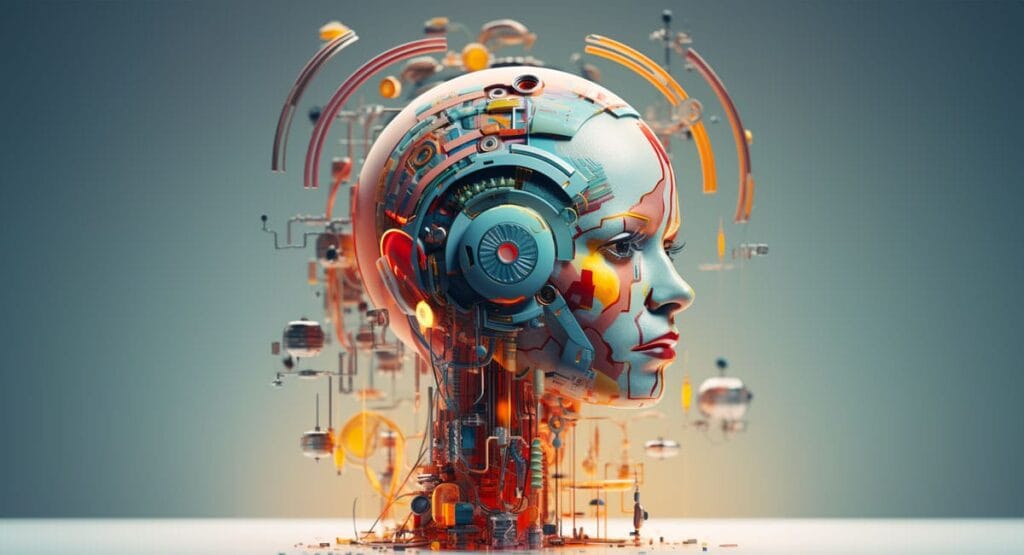Table of Contents
ToggleIntroduction
In 2025, AI robotics and agents are reshaping the future of automation. These technologies are no longer just experimental tools but active participants in industries, workplaces, and even daily life. From DeepMind’s Gemini Robotics 1.5 to autonomous AI agents like Manus and corporate adoption at Citigroup, the latest breakthroughs mark a turning point. This article explores how AI robotics and agents 2025 are driving the next wave of innovation and what it means for entrepreneurs, businesses, and society at large.
DeepMind’s Gemini Robotics 1.5: Smarter Robots for Real-World Tasks
DeepMind has announced the release of Gemini Robotics 1.5, a major upgrade in robotics intelligence.
These robots can perform multi-step reasoning to complete tasks.
Examples include sorting laundry by color, packing travel bags based on weather forecasts, and navigating unpredictable environments.
The system combines Gemini AI models with physical robotics, making machines more adaptable and autonomous than ever.
Why it matters: This marks a shift from robots limited to industrial automation toward household, commercial, and service-based robotics.
Manus: An Independent AI Agent from Singapore
In Singapore, a new AI project called Manus is gaining global attention. Unlike chatbots or assistants, Manus functions as a fully independent AI agent capable of:
Planning and executing tasks autonomously.
Managing complex workflows without human oversight.
Learning continuously from its environment and past actions.
Why it matters: Manus is one of the first examples of a self-directed AI system, raising both excitement about productivity gains and concerns about control and ethics.
Citigroup Experiments with AI Agents at Scale
In the corporate world, Citigroup has started testing AI agents within its platform “Citi Stylus Workspaces.”
These agents act as digital co-workers, performing multi-step financial tasks, automating reporting, and even making preliminary recommendations.
The pilot program shows how financial institutions are beginning to integrate AI-driven workflows to save time and reduce human error.
Why it matters: This experiment demonstrates how AI agents can augment knowledge workers, reshaping white-collar industries in ways similar to how industrial robots transformed factories.
What AI Robotics and Agents Mean for 2025 Automation
The developments in September 2025 highlight three key trends:
From Tools to Agents – AI is moving beyond being a helper to becoming a decision-maker.
Blending Physical and Digital – Robotics powered by AI will transform industries like logistics, healthcare, and home services.
Corporate Adoption – Major institutions are beginning to trust AI agents with real responsibilities.
While these innovations promise massive productivity gains, they also raise questions about job displacement, security risks, and ethical use of autonomous AI. Governments and companies alike will need to balance innovation with safety.
Related Articles on SmartCreatorAI25
External Sources
Conclusion
The next wave of automation is here: AI-driven robots and agents are no longer experiments but active participants in business and society. From smarter robots in homes and workplaces to autonomous digital agents in corporations, September 2025 marks a turning point.
For entrepreneurs, content creators, and innovators, this is the moment to explore opportunities—whether by developing AI-powered tools, integrating automation into workflows, or staying ahead of the regulatory and ethical challenges.
The age of AI Robotics and Agents has officially begun.

Fatima is the founder of SmartCreatorAI25, a blog that helps creators and bloggers use AI tools to grow smarter online. She shares practical guides about AI writing, monetization, and smart productivity.

